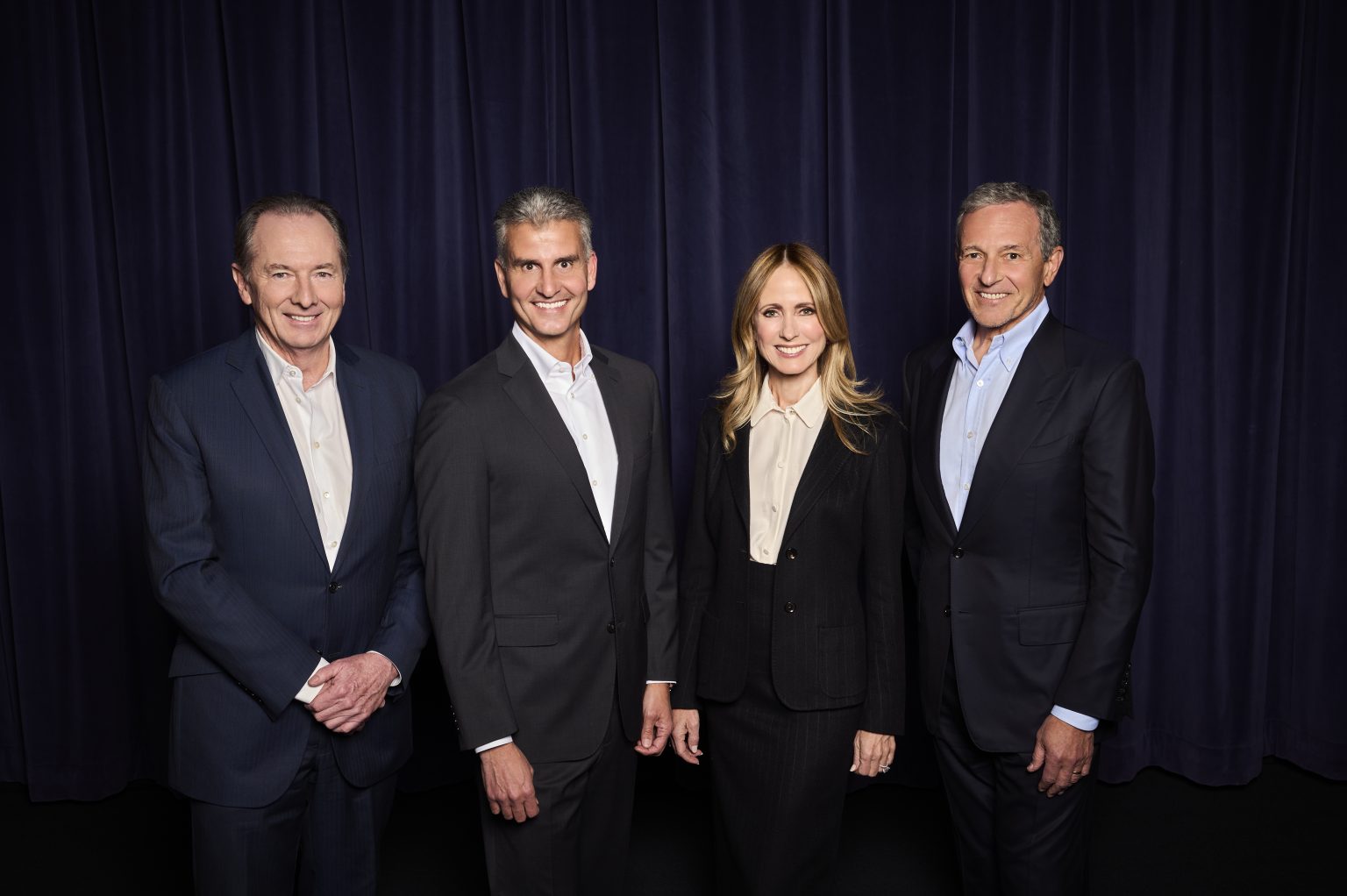From pornography to hypocrisy

The professional video industry's #1 source for news, trends and product and tech information. Sign up below.
You are now subscribed
Your newsletter sign-up was successful

From pornography to hypocrisy
By Paul McGoldrick
There are many things that parents are fearful about when it comes to their children. The worst is when you fear for them physically — in road traffic accidents or criminal activity like kidnapping. But how would you feel if you went downstairs one morning and found the kids were watching not their usual TV fodder of Blue’s Clues or Sesame Street, but instead were engrossed in an “adult” television show. What happened to your carefully selected programming for their on-screen menu, or the V-chip’s programming?
Can’t happen, I can hear you say. Well, if the people behind some less than tasteful channels catch on to what can be done with the TiVo machine that is sitting in your media/TV room, you might have this or a similar scenario happen. That little snippet of information came to the surface in the UK. Some bright spark in the BBC decided that a new situation comedy called Dossa and Joe simply wasn’t getting the viewers that such a fine show deserved. (Adults have described the show as totally foul-mouthed garbage; given European standards of propriety, that means it must be really bad.)
Tell the public what they want to watch — why, that’s even better than hypnotism!
Mr./Ms. Bright Spark must have talked about his/her problem with an engineer who understood what could be done about that little audience problem. The show was transmitted one evening after 9 p.m. (the “watershed hour” after which all children are supposed to be in bed), but the next morning the owners of TiVo recorders found that the BBC had changed their priority settings, and the machine had recorded the show. More than 50,000 households were involved, and well over a thousand complaints were voiced in a TiVo Web forum.
TiVo has been billed as the consumer’s friend, the machine that allows you to watch what you want, when you want and how you want. I have been generally much in favor of the technology (and its well-deserved Emmy) and the machine’s features. But if the commercial TV industry, that has loudly and legally complained about the machine’s ability to skip advertising, generally becomes aware of this little quirk that is available to them, then TiVo will be their “friend” too, in a big way. Imagine: Tell the public what they want to watch — why, that’s even better than hypnotism! Obviously there need to be software changes made to the existing generation of machines to prevent this remote control but, until then, if you’re not set to record a program you want, yank the telephone cord connected to the machine, or Big Brother may have some surprises for you.
The professional video industry's #1 source for news, trends and product and tech information. Sign up below.
Hypocrisy in the NAB
If you see some hypocrisy in the BBC’s actions, then you will find oodles in the fact that the NAB has come out squarely in favor of consolidation in the radio industry. In answer to an FCC review of ownership, the NAB has said that the FCC has no authority to tighten radio ownership rules, but even if it did have such authority it should do nothing. Why? Because the NAB contends there is no proof that consolidation has reduced competition. Their apparent definition of competition is really interesting – the lobbying body sees that advertising rates are softening in radio; therefore, there must be sufficient competition. Diversity, local news and the like are not considered in its equation because, of course, basically the only NAB members left in radio are the consolidators themselves. The NAB told the FCC that it should do what Congress ordered it to do, and that was to take a fresh look at ownership rules every two years to determine whether they are needed at all.
But in TV the NAB is still in favor of antiquated ownership rules, and the networks have variously pounded the organization for that viewpoint. Why do you think the NAB is not in favor of consolidation in TV? Is it because the local stations are seeing a real softening in advertising rates, so competition must be really healthy? That softening is certainly happening, but it’s the market, not terrestrial competition. No, the NAB is against consolidation in TV because at the moment its membership is the small guys. There’s nothing wrong with that – that’s what lobbyists do. But the hypocrisy between the two different faces of the broadcasting industry – using different definitions, as appropriate – is difficult to accept with a straight face. Really difficult.
If I had TiVO maybe they would be able to download an explanation for me.
Paul McGoldrick is an industry consultant based on the West Coast.
Do you have a comment about this article? To tell us your thoughts, click here.
